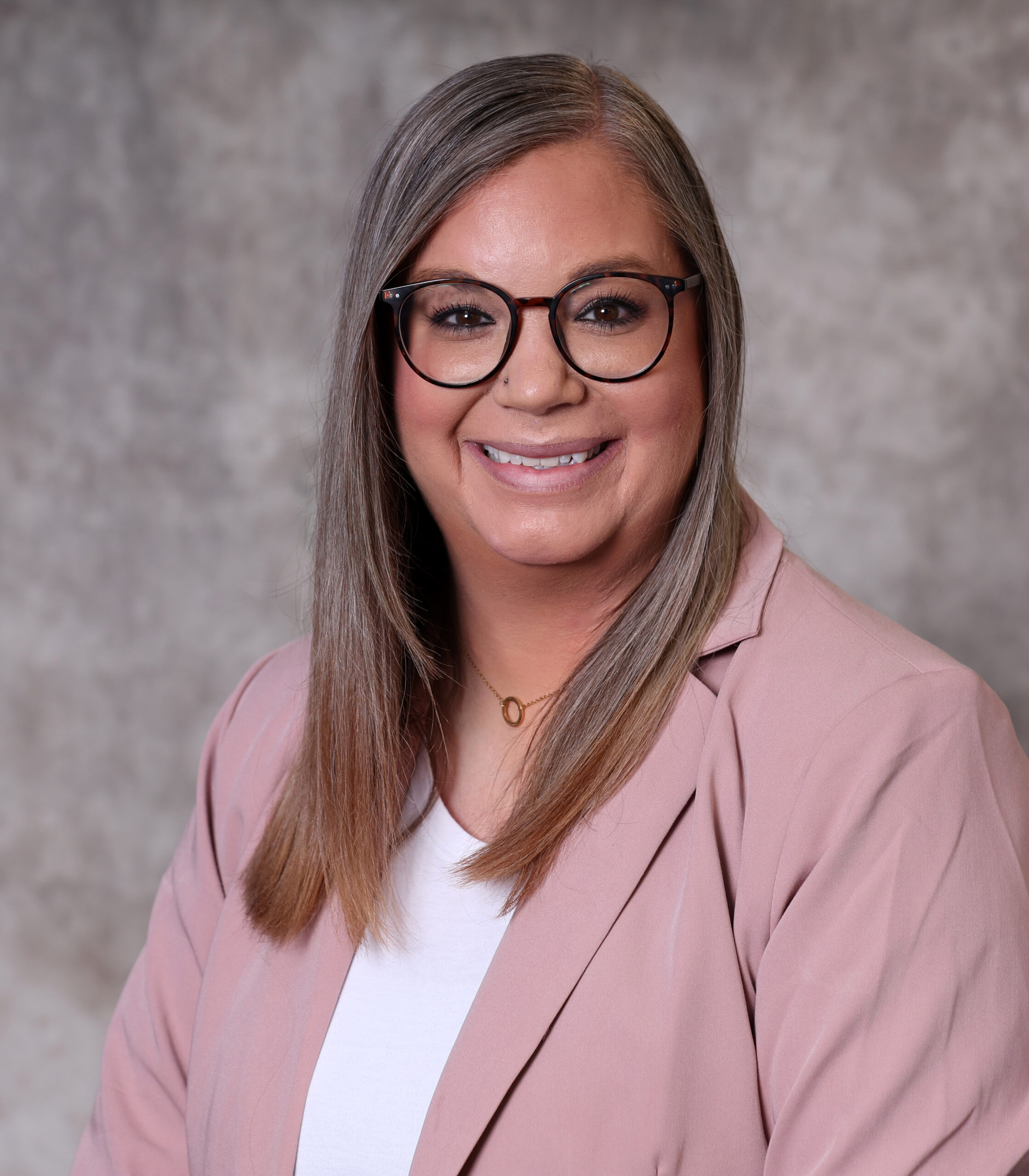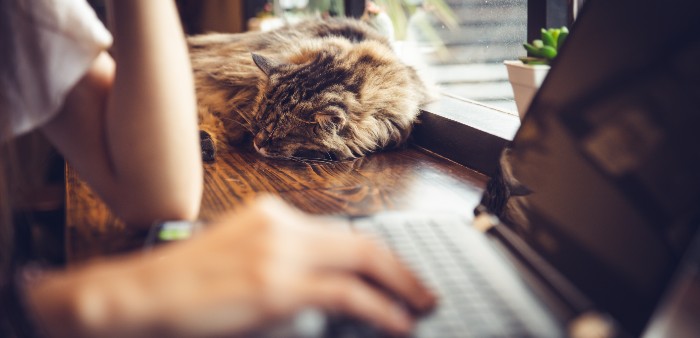In today’s day and age, the internet is at the center of almost everything we do. The pandemic pushed even more people online and to social media while they isolated in their homes, contributing to the current total of 3.96 billion social media users.
With this rapid and ongoing growth, there is also an increased threat of hackers and security breaches. In order to prevent hackers from gaining access to your account and personal information, follow these precautionary steps to keep your accounts secure.
Social media security best practices
There are many things you can do to keep your accounts secure and prevent unwanted users from gaining. My first tip is to entirely delete accounts which you no longer use. If you are no longer using an account, the password is not being changed regularly, giving hackers a better opportunity to access your account and impersonate you.
I also recommend using security controls that are offered on social media accounts. Security controls allow you to manage who can view content on your profiles, who can send you friend requests, and more.
Additionally, having a strong password is the best way to keep your social media accounts secure. Here are a few tips to follow when creating passwords:
- Passwords should include uppercase and lowercase letters, numbers and special characters and be 12 or more characters long
- Passwords should be updated every 90 days. Even making one small change can still make a password stronger
- Do not include personal information such as kids’ names, phone number, dogs’ names, etc. when creating a password
- Do not share your passwords with anyone
- Use websites to check how strong your password is
- Read these articles on How Strong Passwords Prevent Hackers From Accessing Your Account and 4 Reasons Why You Need to Change Your Password
Steps to take if your social media account has been hacked
Unfortunately, social media account compromises are more common than you may think. Following the recommendations above can help prevent hackers from gaining access to your account, but they don’t guarantee it will not happen. If your account has been compromised, here are some recommended steps to take:
- Change your password again
- Set up two-factor authentication if possible
- Ensure the device you are logging in from has not been compromised
- If you or any friends were affected and experienced a financial loss as a result of the fraud, file a report with the Federal Trade Commission (FTC), police department, or their financial institution depending on how they were affected by the hacker
While using social media has become almost unavoidable in today’s world, following these security best practices and knowing the steps to take if you’re hacked help make your scrolling much safer.









 Equal Housing Lender. SBA Preferred Lender. NMLS #440379
Equal Housing Lender. SBA Preferred Lender. NMLS #440379